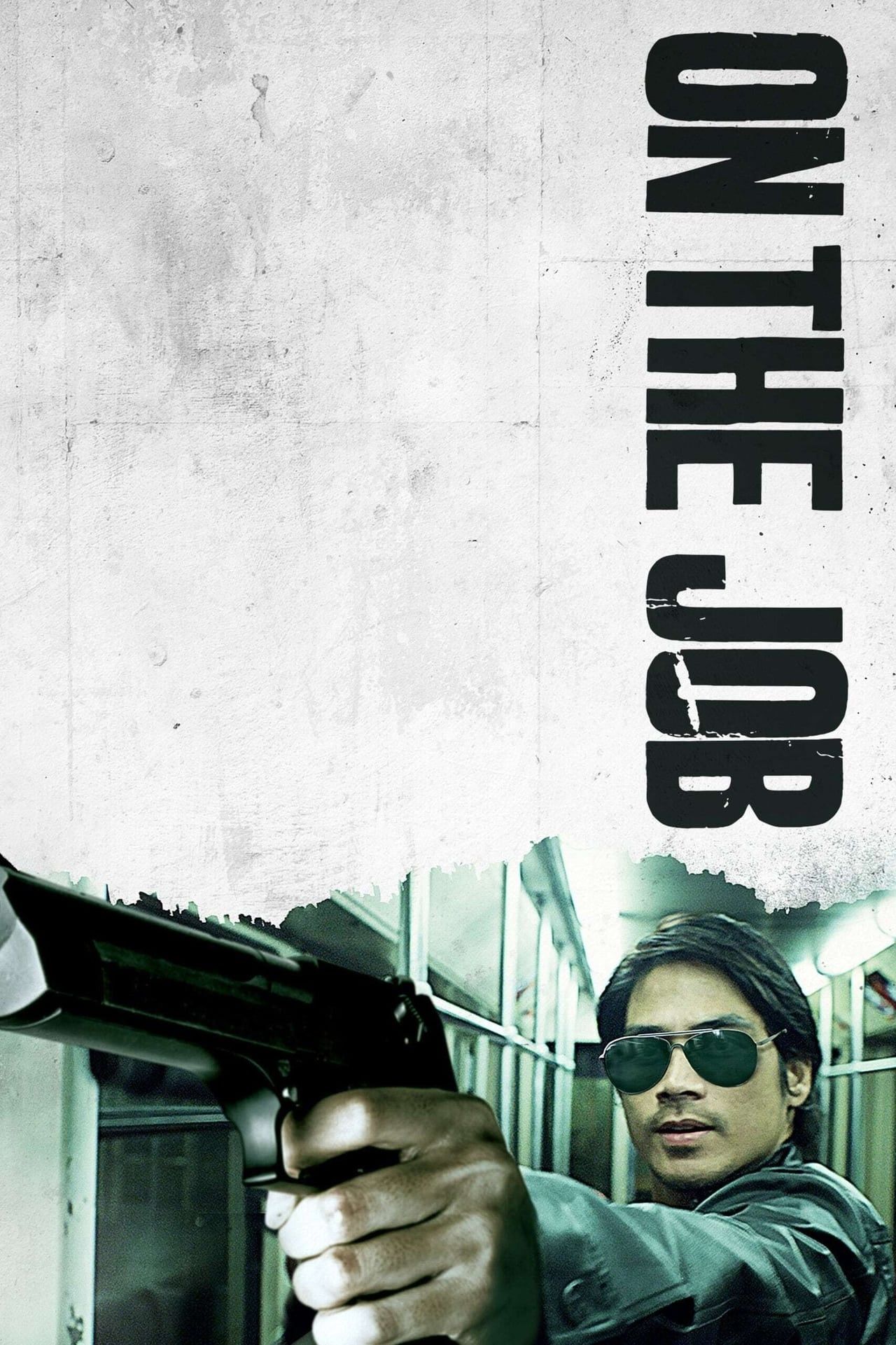
It’s daunting and borderline terrifying to think that sometimes the most dangerous criminals aren’t lurking in the shadows but hiding in plain sight. On the Job doesn’t just conceptualize this, it transforms this premise into something most people won’t see coming. The 2013 Filipino thriller combines straight-shooting realism with a unique central narrative, as prisoners turned hitmen are secretly allowed to leave their cells to carry out assassinations for the corrupt elite. These guys could practically walk out of prison, kill their targets, and mosey back in like it’s just another day on the job.
With Erik Matti in the director’s seat, the film transcended the realms of the typical action flick by unapologetically exploring corruption, desperation, and moral gray areas. Adding to the all-around intrigue is the fact that the story is inspired by real-life events, which makes it as much a gritty social critique as well as a crime drama. There’s also a heavy emotional element that manifests itself in the form of the dynamic between assassin Tatang (Joel Torre) and his younger protégé Daniel (Gerald Anderson). They’re joined by investigators Coronel (Piolo Pascual) and Acosta (Joey Marquez), who lend their intensity to the relentless pursuit of these ruthless assassins and the people who fund them. The result is a film that doesn’t just entertain; it leaves viewers questioning the systems they’re supposed to trust.
What Is ‘On The Job’ About?
For the most part, hitman movies often have the same formula—you’ll see slick suits and shady deals in tandem with high-stakes contracts. On the Job tosses this out the window, instead offering up a more inventive approach to the trope. Here, the killers aren’t just criminals; they’re also incarcerated prisoners. Central to the narrative is the premise that hitmen are temporarily let out of prison to assassinate their marks. The arrangement itself is nothing short of unsettling in a way that’s equal parts ingenious and disturbingly believable—especially since it’s inspired by real-life events in the Philippines.
The prison-to-streets setup gives the movie a raw and unpredictable energy. One moment, we’re watching Tatang and his younger protégé, Daniel, executing hits in crowded public spaces. The next, they’re slipping back into their prison cells as if nothing happened. These scenes inject another layer of complexity into the storyline, considering that it’s the backdrop against which the movie’s narrative unravels. Between jobs, the pair sneak back into their cells and supposedly serve out their term. There’s this unsettling moment where Daniel, who is high off the thrill of successfully carrying out a hit, flaunts his privileges in front of other prisoners. He ends up not-so-subtly exposing the hierarchy and corruption behind the whole operation. In a way, the prison itself becomes a fellow character, a sort of pseudo-safe haven where they recuperate and lie low after each hit. On paper, the fact that their dealings are basically a well-known secret should take away from the intrigue of their hitmen status; in this case, it doesn’t, instead pulling viewers deeper into a world where their security is nothing but a social construct.
The Political Edge in ‘On the Job’ Makes It More Than Just a Violent Story
Beyond being a compelling watch, On the Job offers viewers a deep exploration of the corruption that runs on the streets and at the highest levels of power. While on the surface it’s about hitmen doing dirty work, the film also looks at how the dirty work serves the one percent. The prisoners carrying out the hits may feel pretty superior, especially within the confines of the prison itself, but at the end of the day, they’re just pawns in a much bigger game. They’re trapped in a system fueled by violence to maintain order for the people at the top. The more gloomy part is that the effects of this lose-lose game seep into their personal lives. Tatang may be the king of the yard in prison, but his choices have fractured the relationship he has with his daughter, who is trying to build a future. His is a sharp contrast to her existence since corruption and violence are the very virus she’s trying to rid society of. Altogether, it’s clear that the system doesn’t just destroy the criminals, but it destroys their families and any hope of real change.

Related
The 10 Best Political Movies Based on True Stories, Ranked
The stories behind the headlines.
Making things even more complicated is the fact that not just the politicians but law enforcement is complicit as well. On the Job manages to serve up a grim depiction of officers like Coronel and Acosta—no matter how hard they try to walk the straight and narrow, they constantly hit the brick wall of the system. All their above-board efforts to catch these rogue hitmen constantly get frustrated by the political machine; it’s the classic “good guys vs. bad guys” scenario, but the twist is that while the good guys are stuck following the rules, they’re designed to ensure that they never win. Overall, On the Job succeeds greatly at not just connecting crime to criminals but also digging into the system that creates them, fuels them, and leaves everyone a victim in the end.
On the Job is available to stream on Max in the U.S.
Stream on Max







